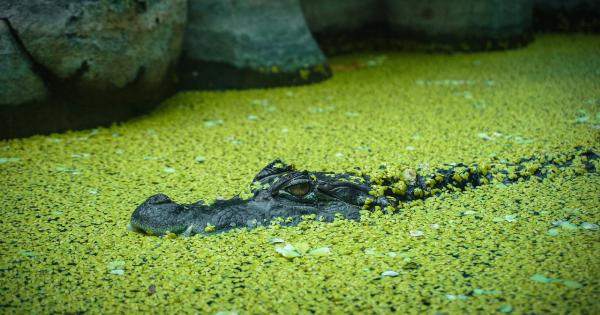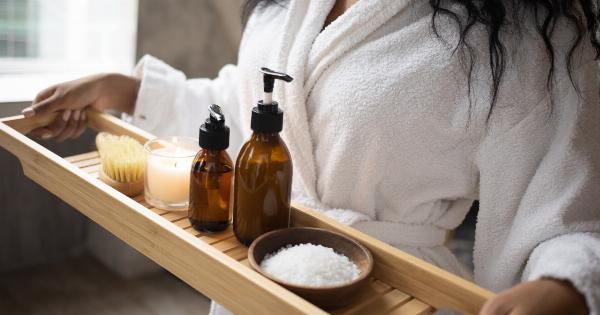Water, a vital component needed to sustain life, is essential for our bodily functions. However, too much of a good thing can be dangerous.
Water poisoning, also known as water intoxication or hyponatremia, is a potentially life-threatening condition that can happen to anyone if they consume too much water without sufficient levels of electrolytes. In this article, we will explore how water poisoning can happen to anyone and what we can do to prevent it.
What is Water Poisoning?
Water poisoning occurs when the body’s electrolyte balance is diluted by excessive amounts of water, leading to low levels of sodium in the blood.
Sodium is an essential electrolyte that helps to regulate the body’s fluid balance and aids in the transmission of nervous system messages. When the concentration of sodium in the body becomes too low, it can cause cells to swell with water, leading to brain damage, seizures, coma, and even death in severe cases.
Who is at Risk of Water Poisoning?
While anyone can suffer from water poisoning, certain groups may be at greater risk. These include:.
- Endurance athletes who consume large amounts of water during prolonged and intense exercise
- People participating in drinking contests or hazing rituals that involve excessive amounts of water consumption
- People on certain medications, such as antidepressants or diuretics, which can lead to water retention and lower sodium levels
- Infants who are given too much water or diluted formula, as their kidneys are not fully developed and cannot handle excessive amounts of water
Symptoms of Water Poisoning
The symptoms of water poisoning can vary depending on the severity of the condition. In mild cases, symptoms may include headaches, nausea, vomiting, and confusion.
In more severe cases, symptoms can include seizures, hallucinations, muscle weakness, and even coma.
Preventing Water Poisoning
The best way to prevent water poisoning is to drink water in moderation and maintain a healthy electrolyte balance. Here are some tips to ensure that you stay hydrated and avoid water poisoning:.
- Drink water in small amounts throughout the day rather than large amounts at once
- Limit your water intake to no more than a liter per hour
- Avoid drinking water excessively during periods of intense exercise or physical activity
- If you are an endurance athlete or participating in a drinking contest, supplement your water intake with drinks that contain electrolytes to maintain a healthy balance
- Do not give infants under six months of age water or diluted formula
Treatment for Water Poisoning
If you suspect that you or someone you know may be suffering from water poisoning, it is essential to seek medical attention immediately.
Treatment will typically involve hospitalization and administration of intravenous fluids that contain sodium and electrolytes to restore the body’s balance. In severe cases, treatment may also involve medications to control seizures or other complications that may arise.
Conclusion
While water is essential to our survival, it is crucial to consume it in moderation and with care. Water poisoning can happen to anyone who consumes excessive amounts of water without maintaining a healthy electrolyte balance.
Be aware of the symptoms and take preventative measures to ensure that you stay hydrated without endangering your health.



























